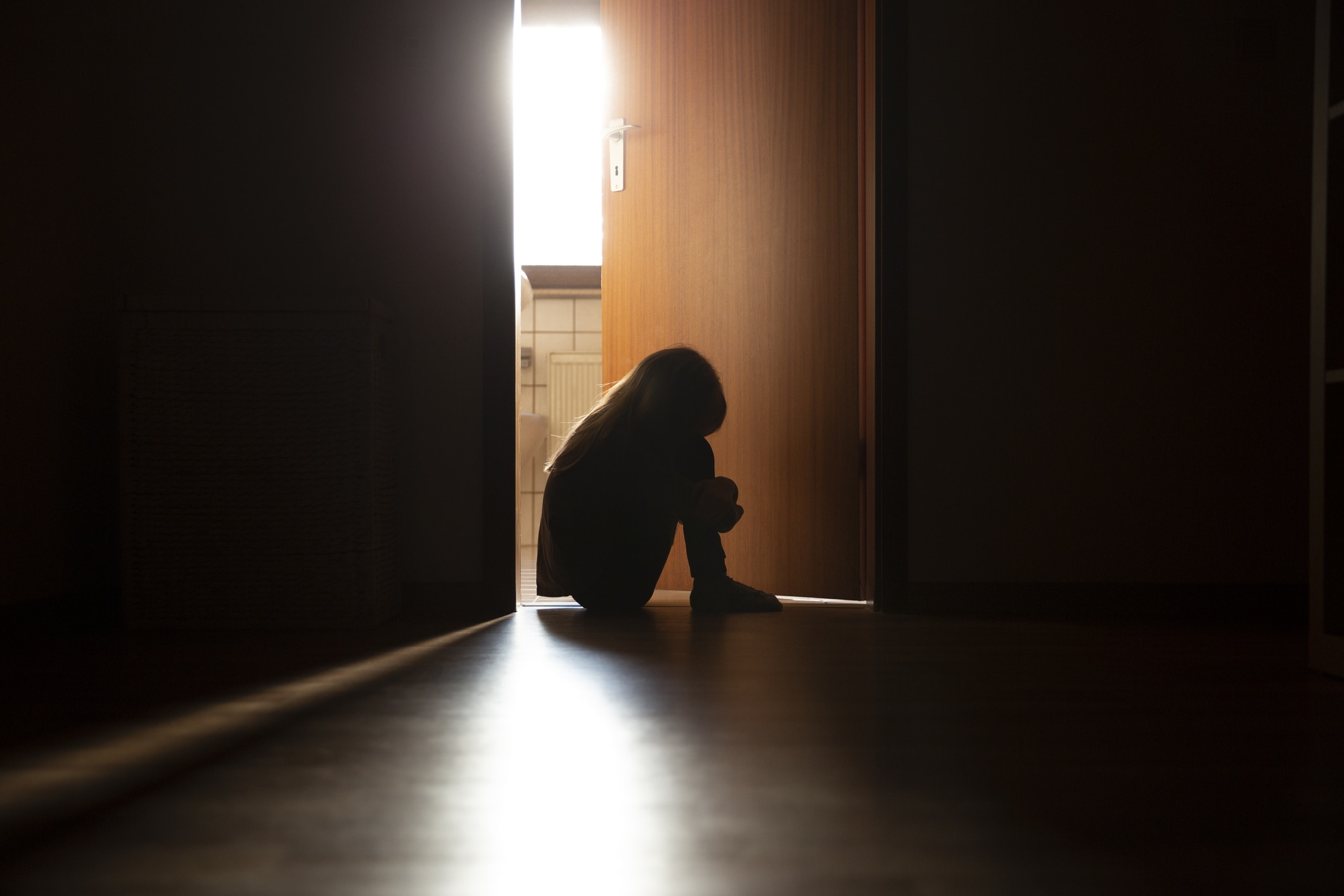TOPLINE
People who experienced childhood trauma are more likely to feel unfairly restricted by government anti-Covid measures, to reject Covid vaccination and to support ending masking and social distancing mandates, according to a study of Welsh adults funded by Public Health Wales and published Tuesday by BMJ Open.
KEY FACTS
People who experienced more adverse childhood experiences (ACEs) – such as physical, psychological or sexual abuse or exposure to domestic violence or substance use – were more likely to mistrust Covid information from the U.K. National Health Service and to break Covid restrictions, while those who experienced four or more ACEs were three times more likely to reject Covid vaccines than people who reported no ACEs, researchers found in a telephone survey of 2,285 people 18 and over in Wales.
Young adults were also more likely to reject vaccines, with 18.39% of people age 18-29 expressing vaccine hesitancy compared to just 2.74% of people age 70 and over.
While just under one in 10 respondents reported feeling unfairly restricted by Covid measures, those who experienced more ACEs were more likely to feel unfairly restricted, as were younger people and males, researchers found.
Respondents with four or more ACEs were twice as likely to break Covid restrictions compared to those who reported no ACEs, according to the study.
During the pandemic, some children’s exposure to traumatic experiences may have risen and their access to resources like supportive adults and connection to local communities may have fallen, researchers said.
KEY BACKGROUND
People who experience childhood trauma are at greater risk for depression, obesity, diabetes, stroke, cancer, and other negative outcomes. ACEs are more likely among children who don’t feel close to their caregivers, who start engaging in sexual activity early or whose caregivers use spanking or other forms of corporal punishment for discipline, according to the U.S. Centers for Disease Control and Prevention. Protective factors against ACEs include strong social networks and caregivers who have college degrees or steady employment. ACEs are strongly linked to low trust in the medical profession among young adults, according to a study published in 2019 by the National Center for Biotechnology Information.
BIG NUMBER
81 million. That’s how many people in the U.S. remain unvaccinated against Covid, according to the CDC.
CRUCIAL QUOTE
Researchers said that “achieving better compliance with pandemic and other public health advice is another reason to invest in safe and secure childhoods for all children which are free from ACEs and rich in sources of resilience. Such measures appear likely not only to reduce health-harming behaviours and ill health across the life-course but may also reduce the spread of COVID-19 or other infectious threats to public health that may materialize in subsequent decades.”
CONTRA
Most people surveyed, including people who reported childhood trauma, followed Covid restrictions and supported vaccination, researchers said.
FURTHER READING
“Covid vaccine hesitancy could be linked to childhood trauma, research finds” (Guardian)
By Zachary Snowdon Smith, Forbes Staff
